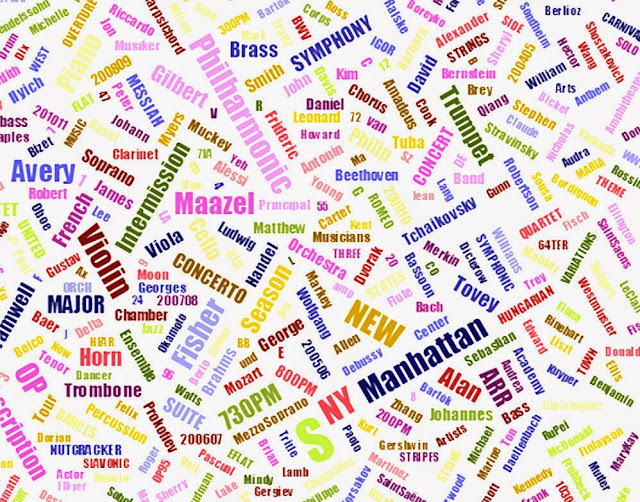Did Jerry Garcia drink Newcastle Brown?

First Lady Gaga meets the nuns of L'Abbaye de Notre-Dame de l'Annonciation who then meet Jonathan Harvey. And now the Grateful Dead meet Newcastle born composer Charles Avison. It has certainly been a strange few days.
Today's path started when I was listening again to the Grateful Dead's 1970 album American Beauty. This, incidentally, is my favourite among their albums, once again identifying me as an incurable recidivist. Which leads me to the following section in David Gans' booklet note for the 2001 CD transfer of the album.
American Beauty was made before the time when every instrument was given its own digital ambience: every part is clear and present, performed with graceful passion, resulting in sound that is well-defined and quietly powerful. The blend is contained in the performances, rather than manufactured after the event with electronic "sweetening".Those thoughts on 'electronic sweetening' took me back to my recent post about Manfred Eicher's signature digital reverberation at ECM. Industry folklore has it that guitarist Pat Metheny left ECM because he disagreed with the excessive addition of reverberation to his recordings. Which brings us to this enlightening passage by Keith Jarrett in the booklet for his soporific new CD with Charlie Haden, Jasmine.
This recording was done in my small studio. It has very dry sound and we didn't want to have the recording sound like anything but exactly what we were hearing while we played.Does anyone else discern a coded message in that liner note? But back to Jerry Garcia and Newcastle Brown. As I listened to American Beauty a very different new CD was sitting in my 'to write about' pile, which, incidentally, is in danger of becoming as notorious as that 'bloody rucksack'.
Charles Alvison lived in Newcastle, England from 1709 to 1770. He was influenced by Corelli, Scarlatti, Geminiani and other Italians and his puzzlingly neglected music is one of the great treasure troves of the baroque period. The Avison Ensemble has been recording his complete orchestral and chamber music in a project shared between Naxos and the independent Divine Art label, and in my 'to write about' pile was the last release in the series.
This new double Divine Arts double CD is of Charles Avison's Sonatas for Harpsichord. These have the early opus numbers of 5 and 7 and are scored for harpsichord, two violins and viola. Avison was a contemporary of J.S. Bach; if you don't know Avison's music but adore Bach's 'Italian style' Brandenburgs (and who doesn't?) you will be delighted with this new release of the Newcastle composer's Sonatas for Harpsichord.
But the delights do not end there. The Sonatas were recorded for Divine Arts down the A11 trunk road from where I write in St George's Church, Chesterton, Cambridge by tonmeister Philip Hobbs. He is best know for his work with Linn Records, which has featured here previously . To describe the sound I can do no better than echo (the real thing, not digital) the words of David Gans - every part is clear and present, performed with graceful passion, resulting in sound that is well-defined and quietly powerful. This excellent double CD sells for the price of one and is highly recommended if you want to discover some wonderful music and hear proof that the sound does still matter.
So superlative sound is the connection between Jerry Garcia and Newcastle. Unless, of course, Jerry Garcia did drank Newcastle Brown, perhaps Ron Butlin will have a take on that? Fact is often stranger than fiction, but googling suggests that particular ale was not among Jerry's tipples, although this one was. Read about the Grateful Dead's sound sytem here, and a guest appreciation of them is here.
This post is available via Twitter @overgrownpath. Review CDs of Avison's Sonatas for Harpsichord were supplied at my request, all other discs mentioned were purchased. Any copyrighted material on these pages is included as "fair use", for the purpose of study, review or critical analysis only, and will be removed at the request of copyright owner(s). Report broken links, missing images and errors to - overgrownpath at hotmail dot co dot uk









Comments
No excuses, except we lived in Congleton for a few years. Which is not in Derbyshire but is pretty close.